Mortal Kombat 1 has been making waves recently, with fans eagerly anticipating its September release. The game will mark a fresh start for the franchise, it’s a perfect time to reflect on the journey that led us here. The original Mortal Kombat game holds a significant place in gaming history, as it pushed the boundaries of hardware capabilities by presenting photorealistic fighters that stood out from the more cartoony visuals of its contemporaries. As we explore our list of the best Mortal Kombat games below, you’ll witness the series’ evolution and its pursuit of new heights. Naturally, we eagerly await NetherRealm’s take on Mortal Kombat 1.
Throughout the decades, the Mortal Kombat franchise has expanded beyond just games, including spin-offs, movies, Saturday morning cartoons, and live-action series. However, the core series of games stands out as the backbone of the franchise. Many of these games have been fantastic, providing perfect weekend enjoyment when gathering friends and engaging in visceral combat. Of course, alongside the great entries, there have been some disappointments, even reaching the level of bewilderment. In the list below, we’ll explore the entire spectrum, our focus is primarily on the core Mortal Kombat games, excluding spin-offs like Mortal Kombat Mythologies: Sub-Zero (arguably the worst game in the series!).
Mortal Kombat: Armageddon (2006)

Mortal Kombat Armageddon aimed to be the ultimate finale in the franchise’s fighting game saga. However, its sheer size became a hindrance as the focus shifted towards quantity rather than quality. With an enormous roster (a whopping 62-character roster), compromises had to be made to fit all the fighters onto a single disc. This resulted in the reduction of individual fighting styles from three to two, fewer unique fatalities, and a less compelling Konquest storyline compared to the excellent narrative of Shujinko in Deception.
Despite its drawbacks, Armageddon showcased impressive ambition and concluded with a stunning cliffhanger that set the stage for Mortal Kombat’s finest era. The Create-A-Fighter mode provided players with the ability to craft their own customized character, selecting from a wide range of body parts, costumes, weapons, and special moves.
To escalate the blood-soaked action, the game introduced the Create-A-Fatality option, enabling players to design their own unique finishers. By chaining together different attacks and seamlessly transitioning into a personalized gory climax, players could unleash their creativity in crafting custom fatalities.
Mortal Kombat vs. DC Universe (2008)
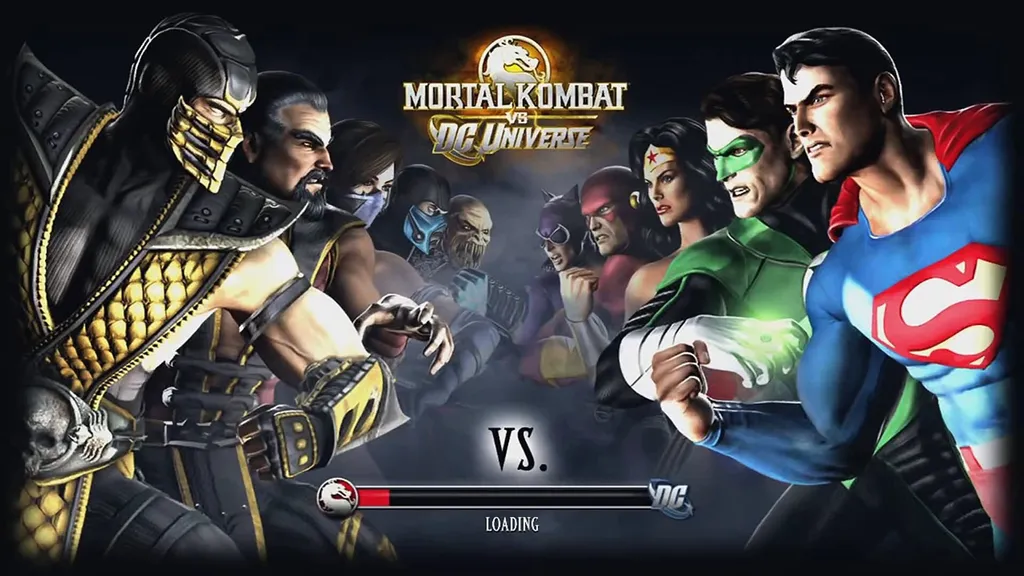
Mortal Kombat vs. DC Universe presented an intriguing concept in the Mortal Kombat series, pitting the mightiest heroes of DC against the deadliest warriors of Mortal Kombat in an epic crossover. Despite being one of the best Mortal Kombat games, the end result fell short of expectations, becoming a diluted crossover experience due to a lower age rating. The combat was average, the storyline lacked coherence, and the signature gore was significantly toned down. Fortunately, NetherRealm would later find success with the Injustice series, while Mortal Kombat prepared itself for a remarkable revival.
Despite its reduced level of violence, Mortal Kombat vs. DC Universe introduced interesting gameplay mechanics to the series. Klose Kombat allowed players to engage in close-quarters combat with unique attacks and combos. Freefall Kombat provided the opportunity for aerial attacks and strategic positioning after being knocked off a stage. Additionally, Kombo Challenges offered comprehensive character tutorials to enhance player skills.
The notable addition in this game was the Story Mode, which expanded on the crossover narrative and established a formula that would be utilized in the well-received stories of future Mortal Kombat and Injustice games. Although lacking in certain aspects, Mortal Kombat vs. DC Universe contributed to the evolution of the series and laid the groundwork for captivating storytelling in subsequent titles.
Mortal Kombat: Deadly Alliance (2002)
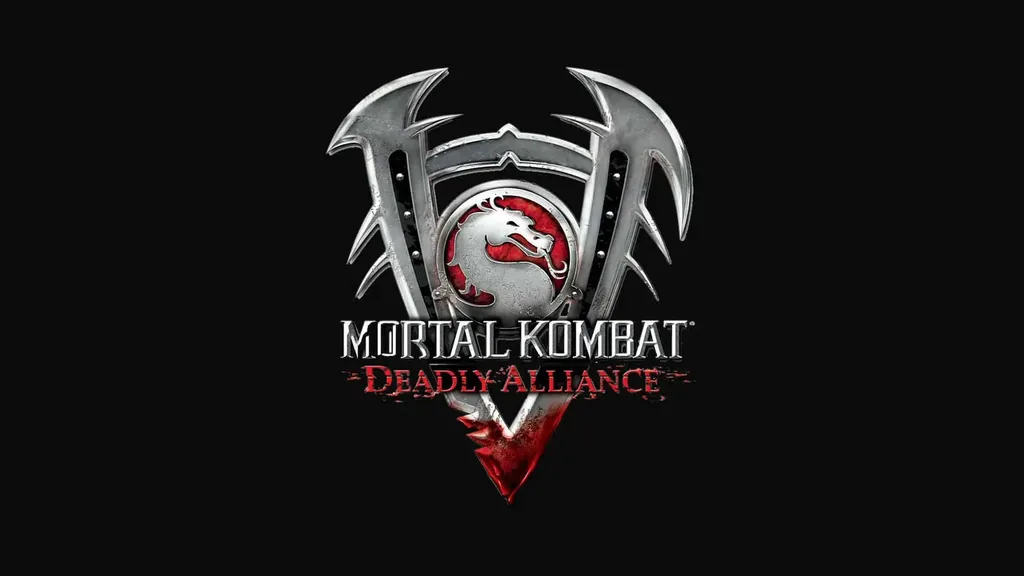
Mortal Kombat’s initial transition to 3D combat may have been disappointing, but Deadly Alliance redeemed the series with a stunning revitalization. Although not every idea was flawlessly executed, Deadly Alliance is now regarded as one of the best Mortal Kombat games. The roster boasted exceptional balance, with each character possessing three distinct fighting styles.
The inclusion of 3D gameplay mechanics added depth to the experience. Furthermore, the game featured a gripping story that began with the shocking demise of Liu Kang, the introduction of the impressive Konquest mode, and fatalities that showcased heightened levels of gore on contemporary consoles. With these elements combined, Mortal Kombat regained its momentum and regained its place as a standout title amongst all Mortal Kombat games.
Mortal Kombat: Deception (2004)
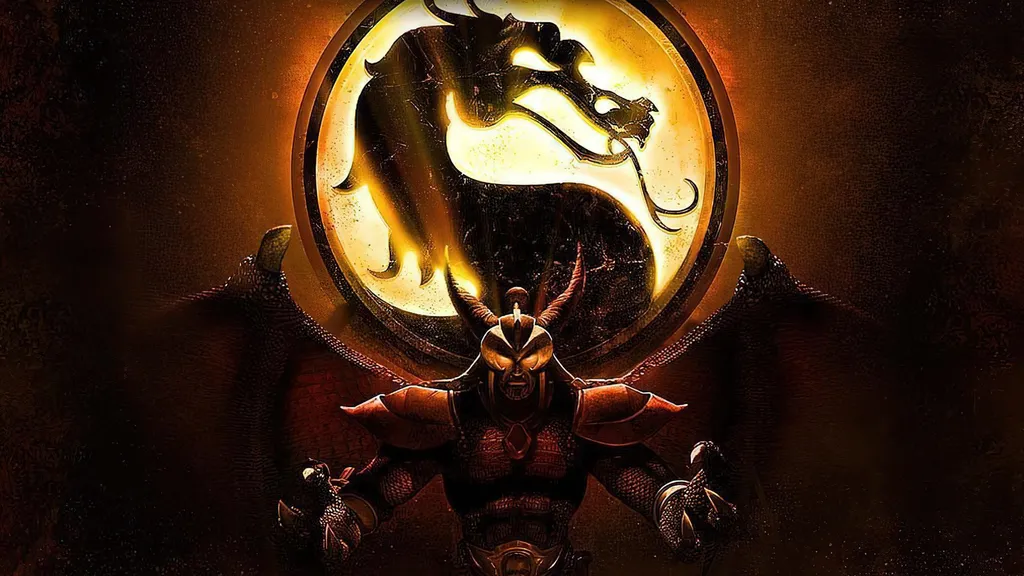
Deadly Alliance successfully rebooted Mortal Kombat’s foray into the realm of 3D fighting, but Mortal Kombat: Deception took that foundation and elevated it to new heights with enhanced gameplay, enjoyable modes, and innovative concepts that significantly impacted the ebb and flow of matches. As the inevitable betrayal between Shang Tsung and Quan Chi unfolded, Onaga awakened, and Raiden seemingly made the ultimate sacrifice. Deception emerged as the pinnacle of the 3D era, offering rock-solid gameplay, the introduction of new deathtraps within stages that added an element of unpredictability when facing a cunning adversary, and an expanded Konquest mode that transformed into a captivating adventure nearly on par with Shaolin Monks.
Another noteworthy addition in this installment of Mortal Kombat was the inclusion of Hara-Kiri. This unique feature allowed a defeated player to deny their victorious opponent the opportunity to perform a fatality by executing a special finishing move on themselves. Additionally, Deception made history by introducing online play on consoles, enabling players to connect to the internet and engage in battles against opponents from around the globe.
Mortal Kombat X (2015)
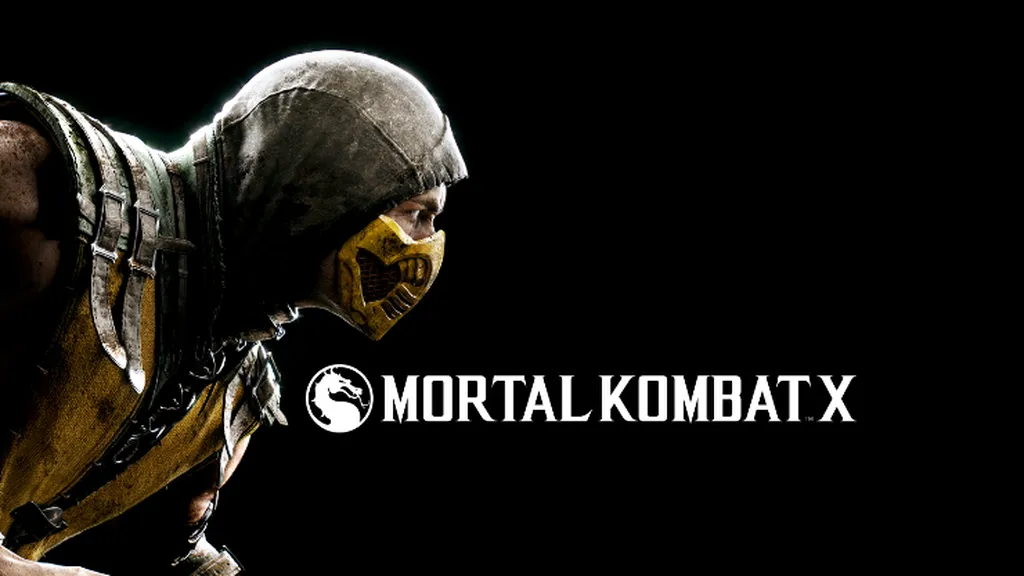
Mortal Kombat X addressed and improved upon the previous Mortal Kombat games with refined gameplay and astonishingly violent visuals. It exemplifies a textbook sequel that elevates the stakes and builds upon the foundation set by its predecessor. The game showcases a compilation of next-generation heroes and villains, each holding the destiny of their realms in their hands. From the icy Erron Black to the playful Cassie Cage and the disturbing D’Vorah, Mortal Kombat X propelled the series to new heights.
One of the most groundbreaking features introduced in this installment of Mortal Kombat is the Variation system. Each character possesses three distinct variations, offering diverse moves, abilities, and playstyles, providing players with greater flexibility and strategic options.
With online gaming playing a vital role in its design, Mortal Kombat X introduced updated challenge towers with dynamic objectives that regularly change. Additionally, Faction War introduced a meta-game where players aligned themselves with one of five factions—Lin Kuei, White Lotus, Special Forces, Brotherhood of Shadow, or Black Dragon—and earned points by completing various in-game activities, fostering a friendly competition among groups.
Mortal Kombat (1992)
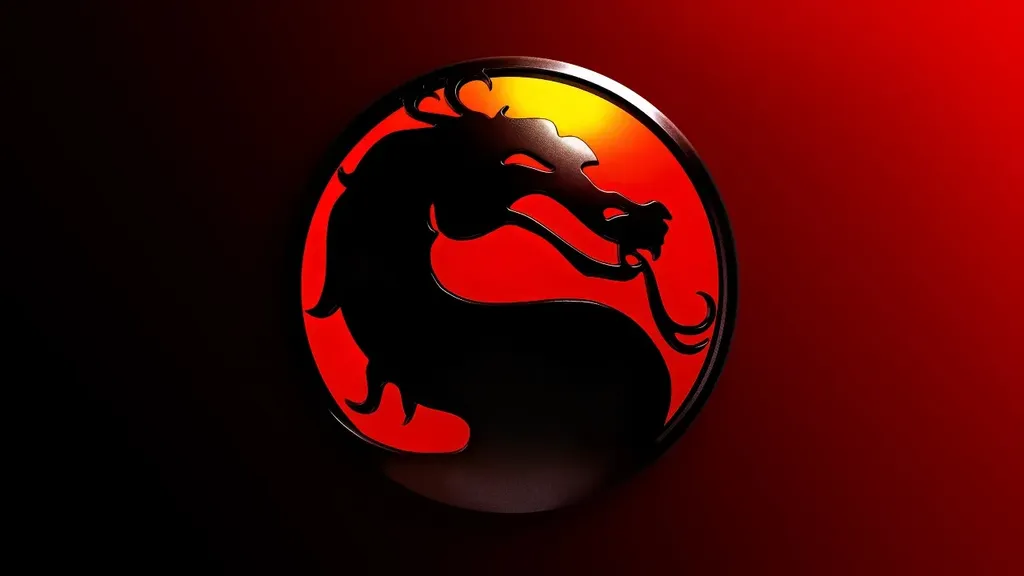
Mortal Kombat, the original game that established the groundwork for the franchise, now serves as a charming reminder of the remarkable progress the series has achieved since its early days in the arcade. It is also about to be rebooted in Mortal Kombat 1. While the combat mechanics may feel stiffer compared to games like Street Fighter, and the overuse of the low kick attack could lead to easy victories, the overall experience of the game was irresistible during its release, even if it was forbidden by cautious parents, making these on of the best entries among all the Mortal Kombat games.
The utilization of digitized actors, spewing copious amounts of blood in a visually striking manner, the climactic battle against the formidable Goro that could drain pockets of countless quarters, and the introduction of the iconic fatalities all contributed to Mortal Kombat’s immediate popularity and cemented its status as an enduring classic.
Mortal Kombat is a testament to how the series became a trend-setter in the fighting genre and the video game industry in general. if there were to be a gaming Hall of Fame, Mortal Kombat definitely deserves a place there.
Ultimate Mortal Kombat 3 (1995)
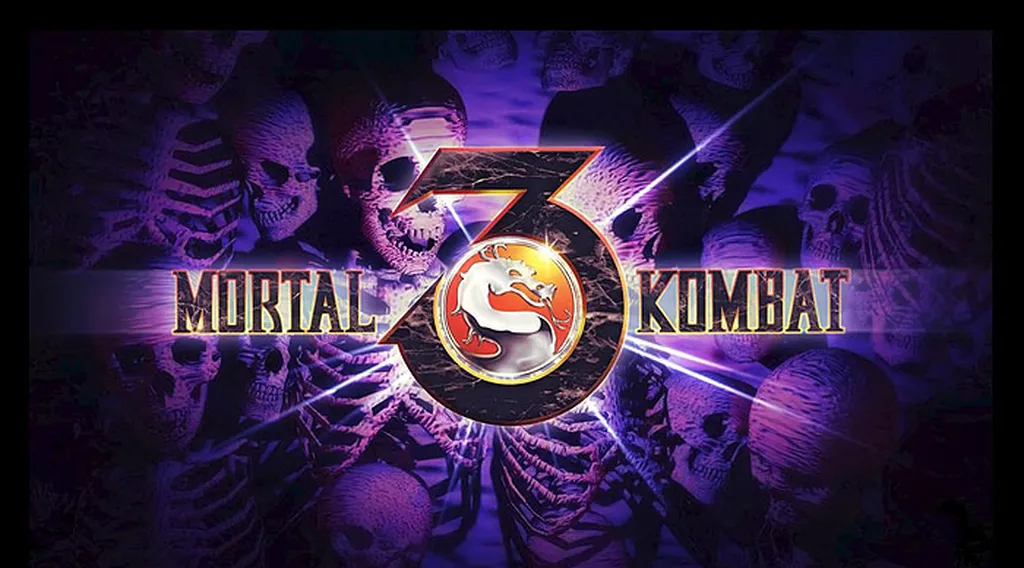
Mortal Kombat 3 strikes the perfect balance between classic gameplay and intriguing new systems, seamlessly blending fresh concepts with the trademark violence that defines the series. It has also the biggest roster among the classic-era Mortal Kombat games.
The introduction of gameplay mechanics such as the ability to charge at opponents, mastering extensive combo strings to swiftly deplete an enemy’s health bar, and the inclusion of Brutalities, Mercies, and Animalities to deliver additional humiliation all added to the game’s appeal, making it one of the best Mortal Kombat games. Although the roster may have lacked a few familiar faces, Ultimate Mortal Kombat 3, developed by Midway, more than compensated for this omission by featuring an expanded cast that concluded the early 2D era of the franchise in a spectacular fashion.
Mortal Kombat 11 (2019)
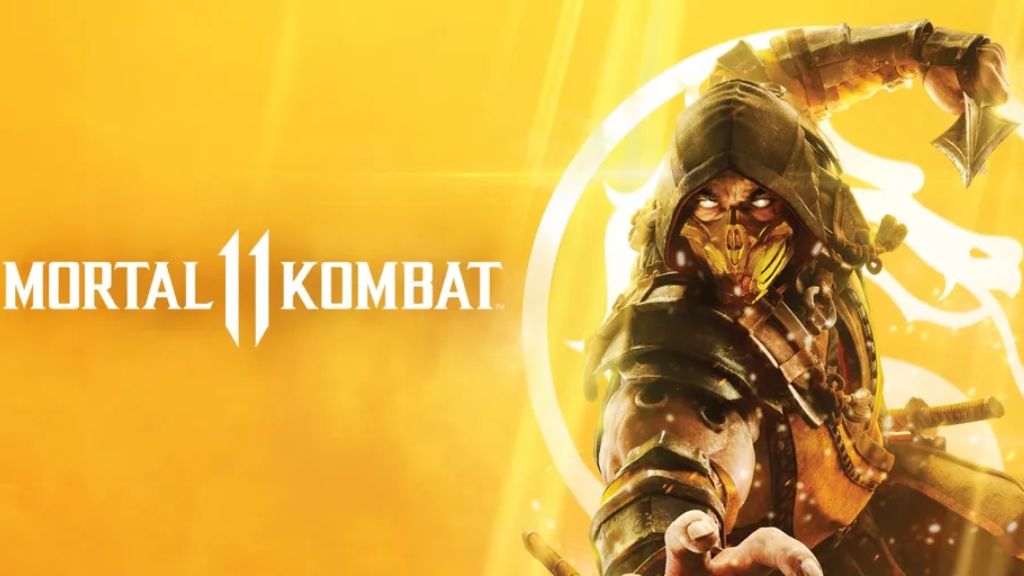
Serving as a tribute to the entire franchise, Mortal Kombat 11 encompasses all the elements that make all Mortal Kombat games exceptional. Following the ambitious conclusion set by Mortal Kombat 9 and X, which intertwined two timelines spanning decades of Mortal Kombat games, Mortal Kombat 11 seizes the opportunity and achieves an unprecedented feat.
Each character offers multiple customizable variations, granting players the freedom to create unique combinations of moves, abilities, and cosmetic options, further enhancing the game’s versatility. The introduction of Krushing Blows, powerful cinematic attacks triggered under specific conditions, and Fatal Blows, special comeback moves accessible when a player’s health falls below a certain threshold, enrich the combat experience.
Mortal Kombat 11 not only delves deep into Mortal Kombat lore, leaving no aspect unexplored but also propels the series to new heights within the fighting game community through its diverse array of modes. It delivers refined modern-era gameplay mechanics and introduces the most flexible variant combat and gear systems witnessed in the entire series.
As a celebration of the franchise, Mortal Kombat 11 is further enhanced by the Aftermath expansion, which sees the return of Cary-Hiroyuki Tagawa as the delightfully wicked Shang Tsung, reprising his role from the cult-classic 1995 movie. The post-launch support adds to the excitement by allowing players to witness battles between iconic characters like Scorpion and Johnny Cage against guest stars such as Rambo and Robocop. Mortal Kombat 11 serves as a testament that NetherRealm has saved the best for last.
Mortal Kombat II (1993)
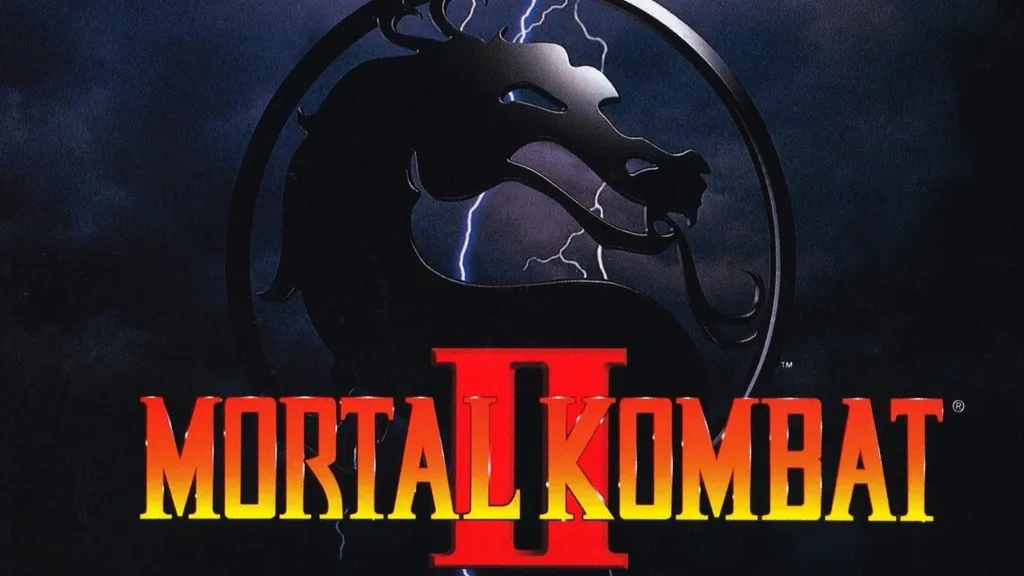
If the original Mortal Kombat stirred controversy, Mortal Kombat 2 took it a step further, intentionally courting trouble. With enhanced slickness and speed compared to its predecessor, Mortal Kombat 2 amplified its capacity for digital bloodshed and introduced unforgettable fatalities that thrilled fans. This is truly the game that most fans in their 30s remember sneakily playing while their parents were away, making it the most nostalgic one in all Mortal Kombat games.
Additionally, the game playfully mocked concerned parents with its exaggerated friendship finishers, expanded its roster of characters, and showcased some of the franchise’s most iconic art direction. Beyond the flashy special moves and unrestrained violence, however, lies a game that had evolved to not only match but also challenge its biggest competitors, delivering a winning combination of style and substance.
Mortal Kombat (2011)
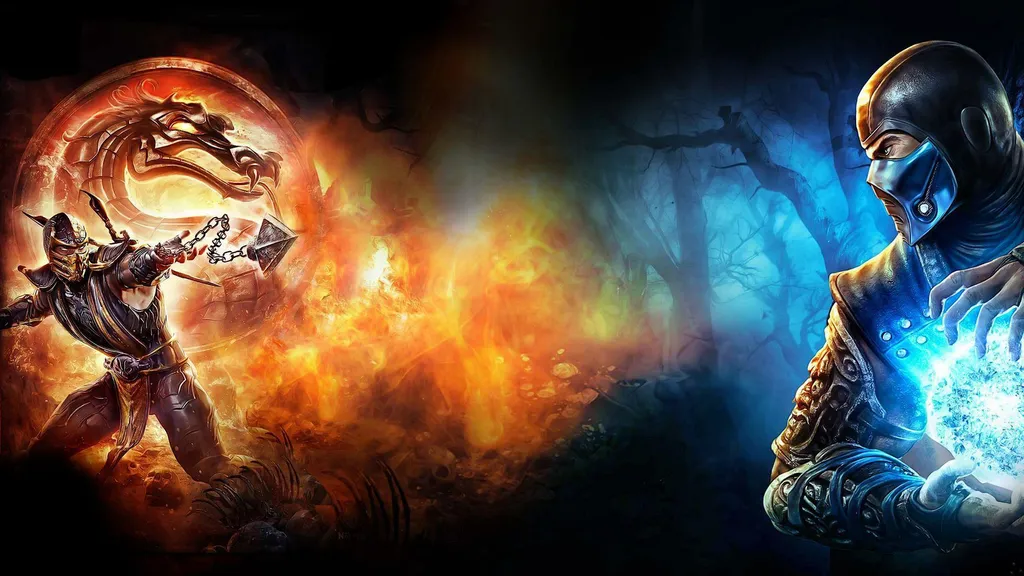
After Capcom revitalized the fighting game genre with Street Fighter IV, it was inevitable that Mortal Kombat would enter the arena. The 2011 installment, commonly known as Mortal Kombat 9, marked a rebirth that returned to the series’ origins. Not only did it retell the narrative of the original Mortal Kombat games while building on the foundation laid by Armageddon, but it also embraced a back-to-basics approach to its gameplay. This arguably made it the best Mortal Kombat games of all time.
Mortal Kombat 9 introduced several impressive gameplay systems that breathed new life into the franchise. Tag Team Battles allowed players to strategically swap their partners in and out of combat, adding a layer of tactical depth. The combo system was much better, enabling players to execute longer and more intricate combinations of attacks. Special moves were enhanced, empowering fighters to unleash more devastating signature attacks.
A revolution in the series
The inclusion of Challenge Towers, a series of unique gameplay scenarios, provided an engaging experience and rewarded players with unlockable content. And let’s not forget the introduction of X-Ray attacks, which delivered a bone-crushing, up-close view of the brutal carnage inflicted upon the characters.
This installment of Mortal Kombat demonstrated that fighting games could deliver compelling narratives, setting a benchmark that would continue to rise with each subsequent sequel.
Also Read:
- Mortal Kombat 1 Release Date and Pre-Order Details
- Headbangers: Rhythm Royale announced for PS5, Xbox Series, Switch, and PC
- Spider-Man 2 PS5 release date and Deluxe Edition features revealed
- 9 Games announced in the Summer Game Fest 2023
FAQs
Yes, the Mortal Kombat franchise is renowned for its graphic violence and over-the-top fatalities. Since its inception, Mortal Kombat has had brutal and gory gameplay, featuring graphic depictions of blood, dismemberment, and extreme finishing moves. The series has pushed the boundaries of violence in video games, and its fatalities have become iconic elements of the franchise.
1.Mortal Kombat (1992)
2.Mortal Kombat II (1993)
3.Mortal Kombat 3 (1995)
4.Mortal Kombat 4 (1997)
5.Mortal Kombat: Deadly Alliance (2002)
6.Mortal Kombat: Deception (2004)
7.Mortal Kombat: Armageddon (2006)
8.Mortal Kombat vs. DC Universe (2008)
9.Mortal Kombat (2011) or Mortal Kombat 9
10.Mortal Kombat X (2015)
11.Mortal Kombat 11 (2019)
12.Mortal Kombat 1 (2023)
Please note that this list includes the main installments of the Mortal Kombat series, and there have also been various spin-offs, remakes, and re-releases throughout the years.












